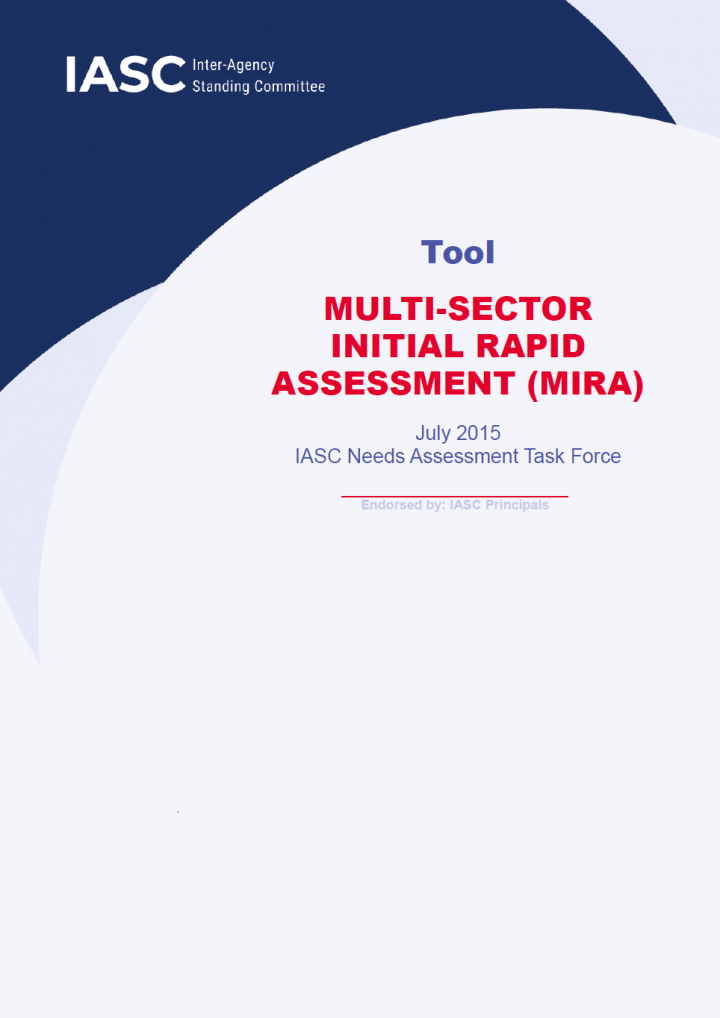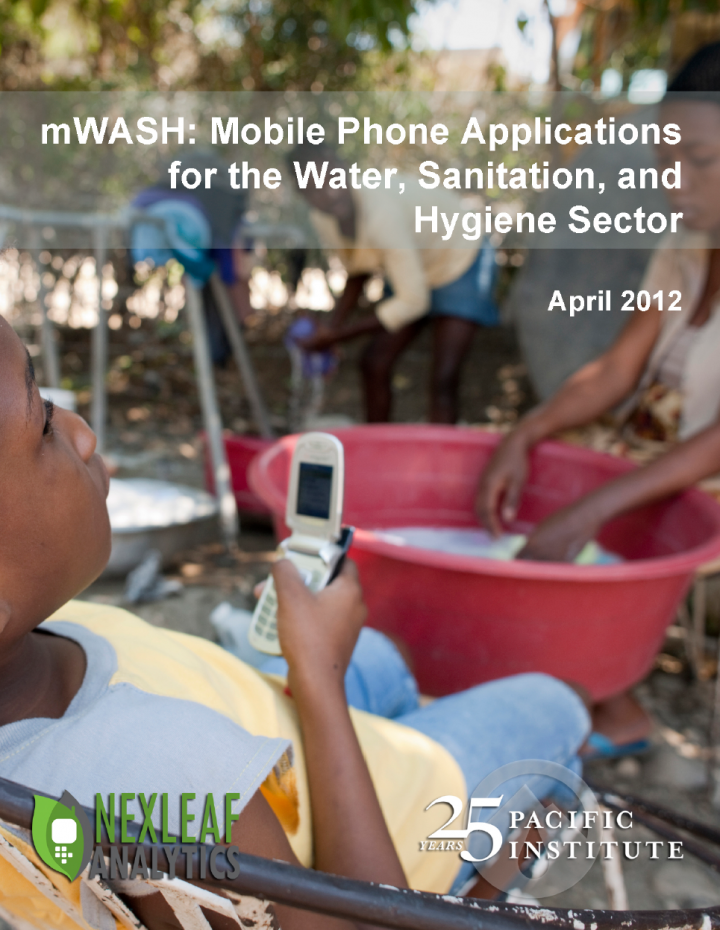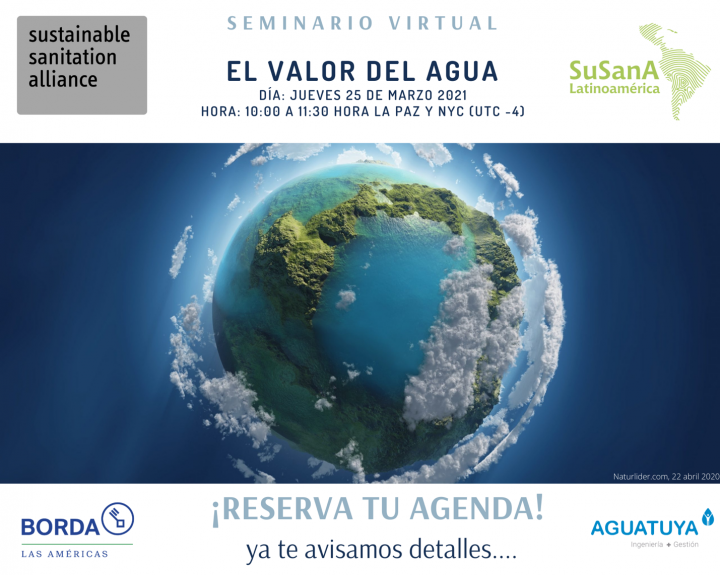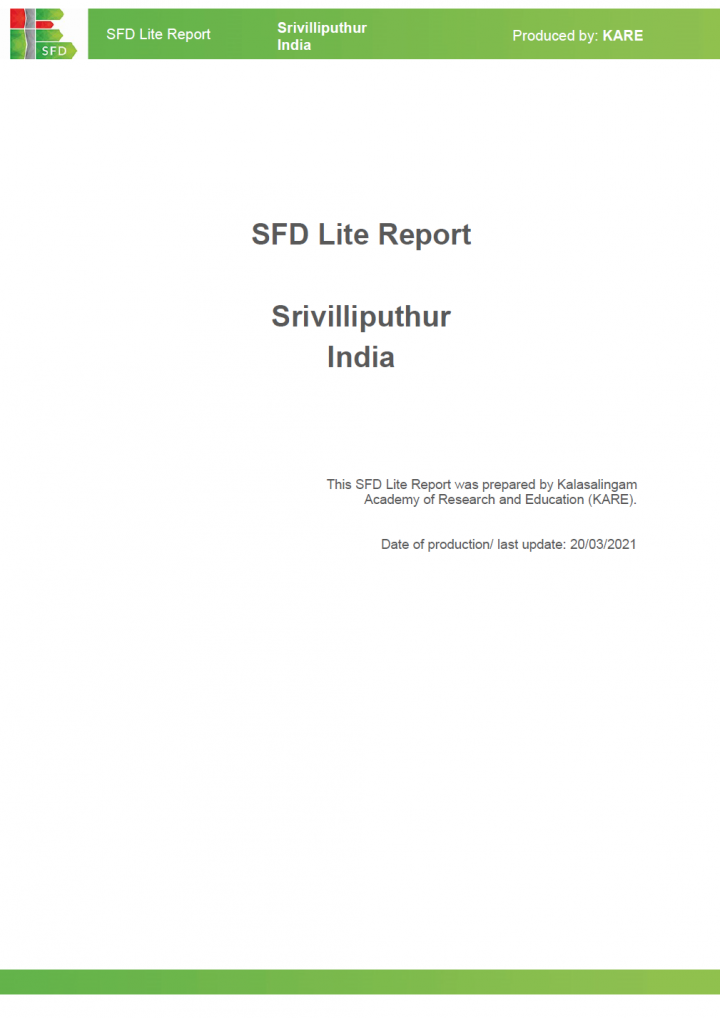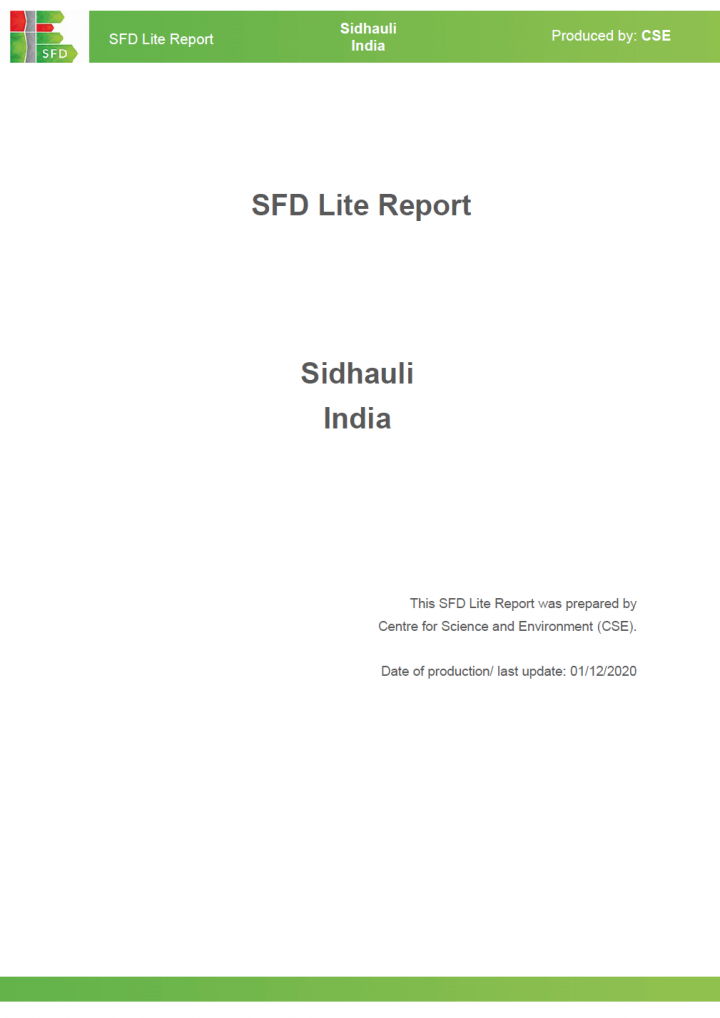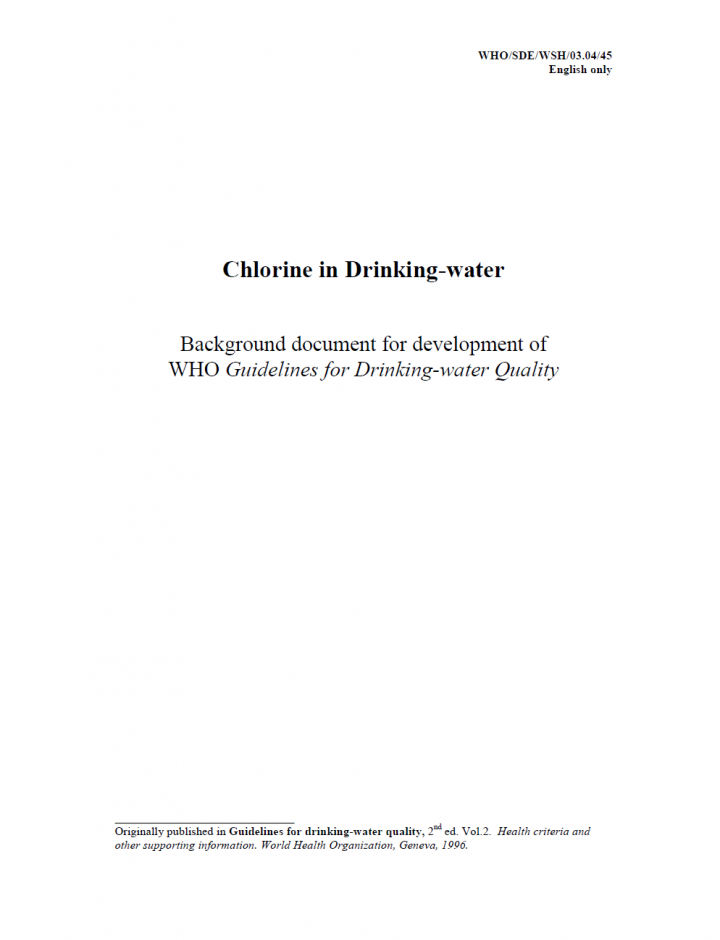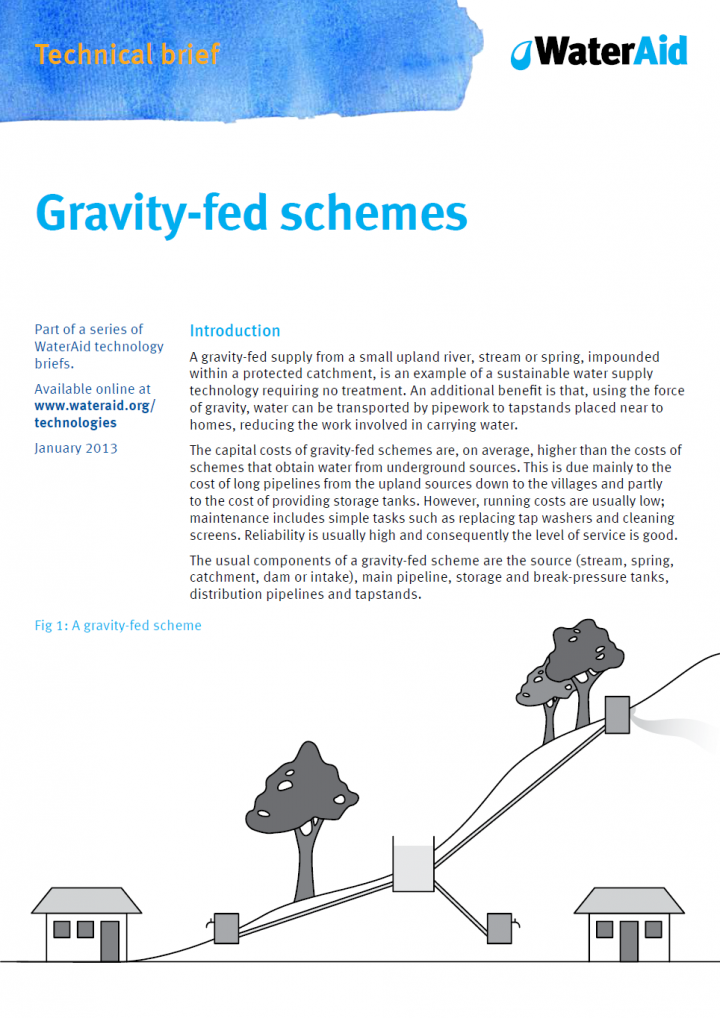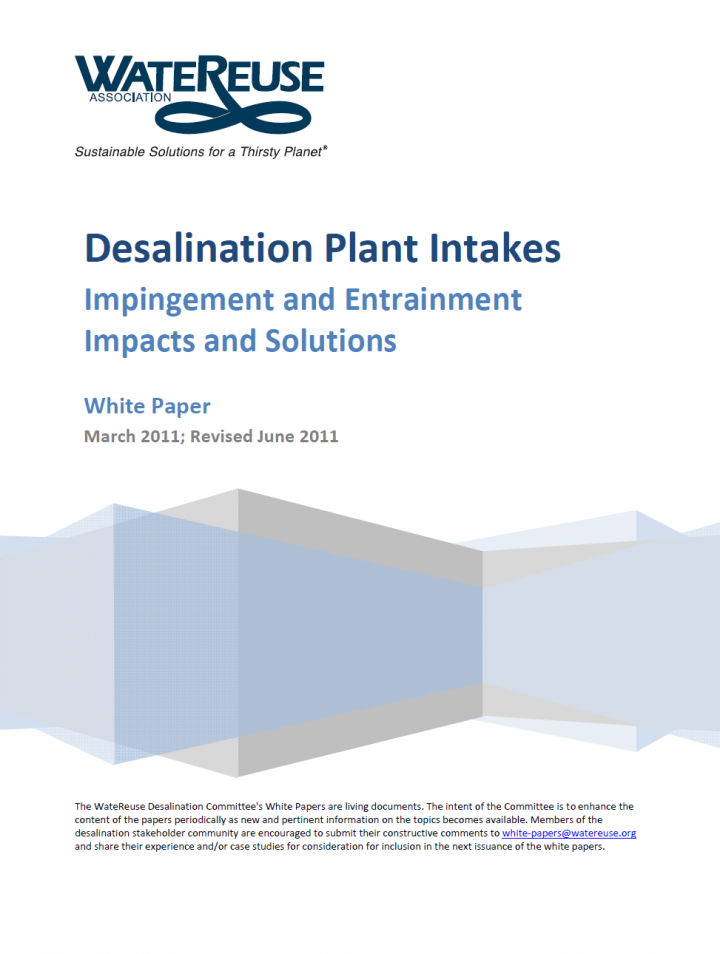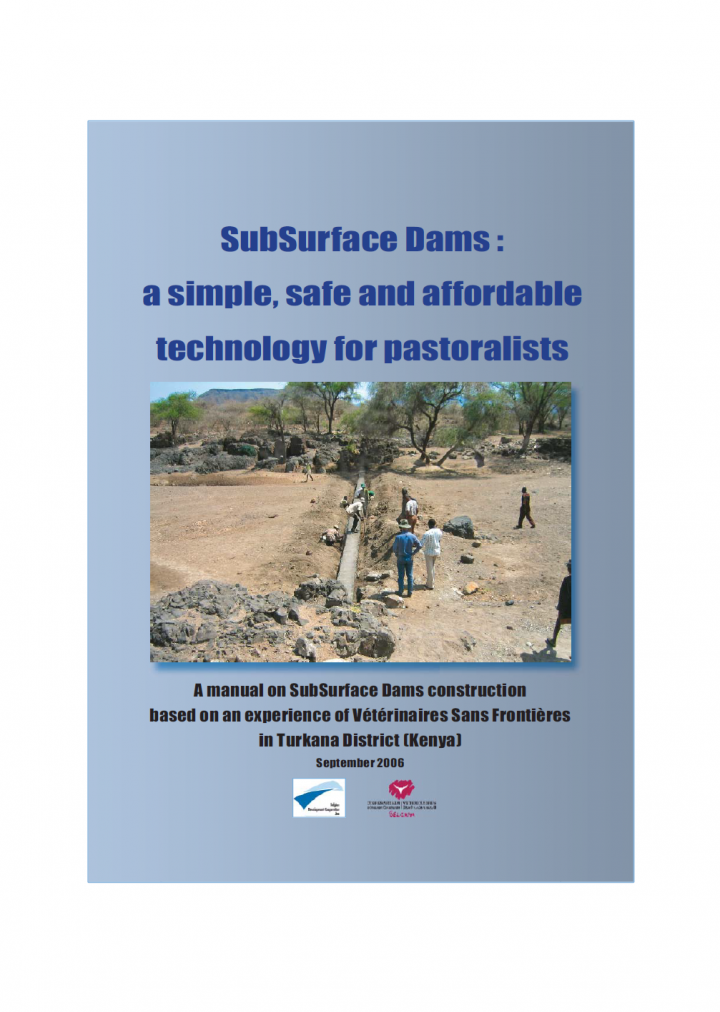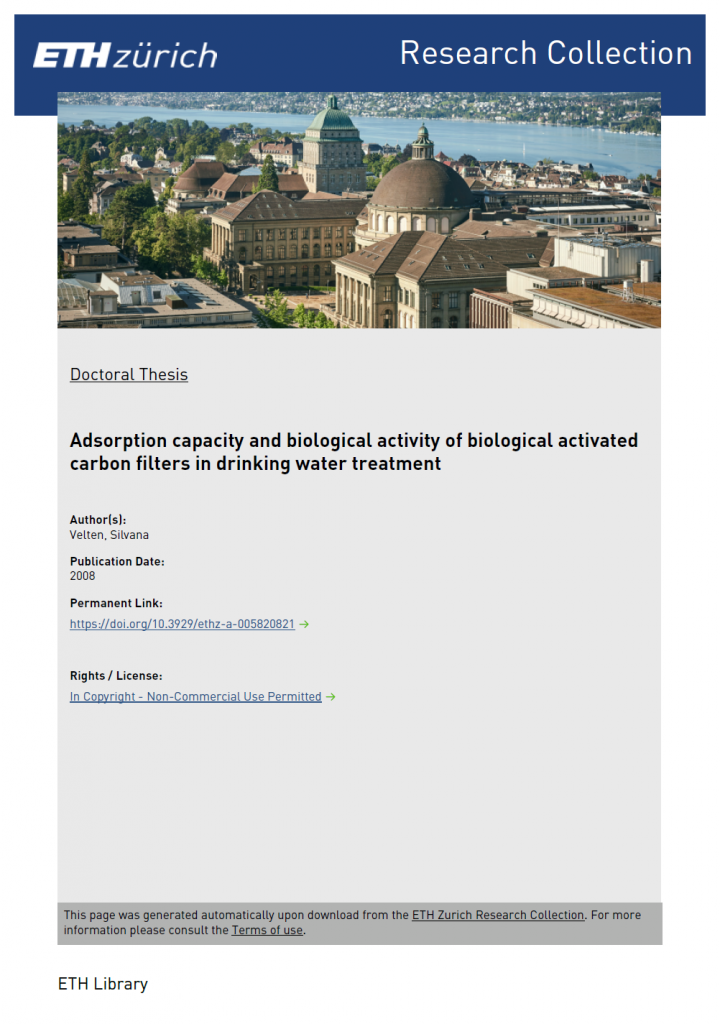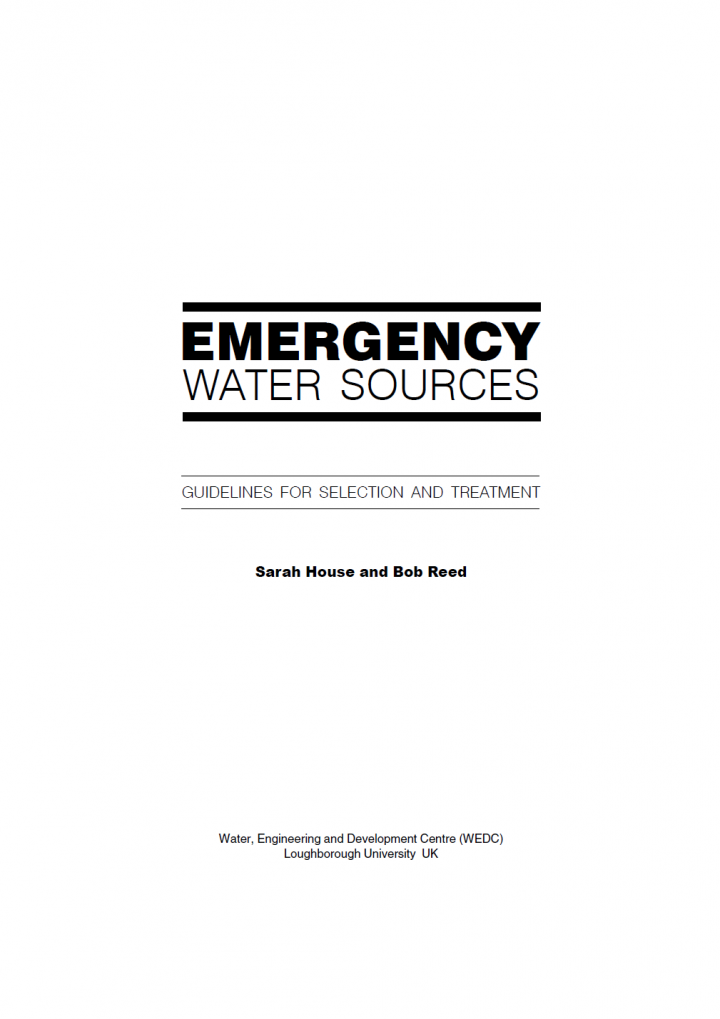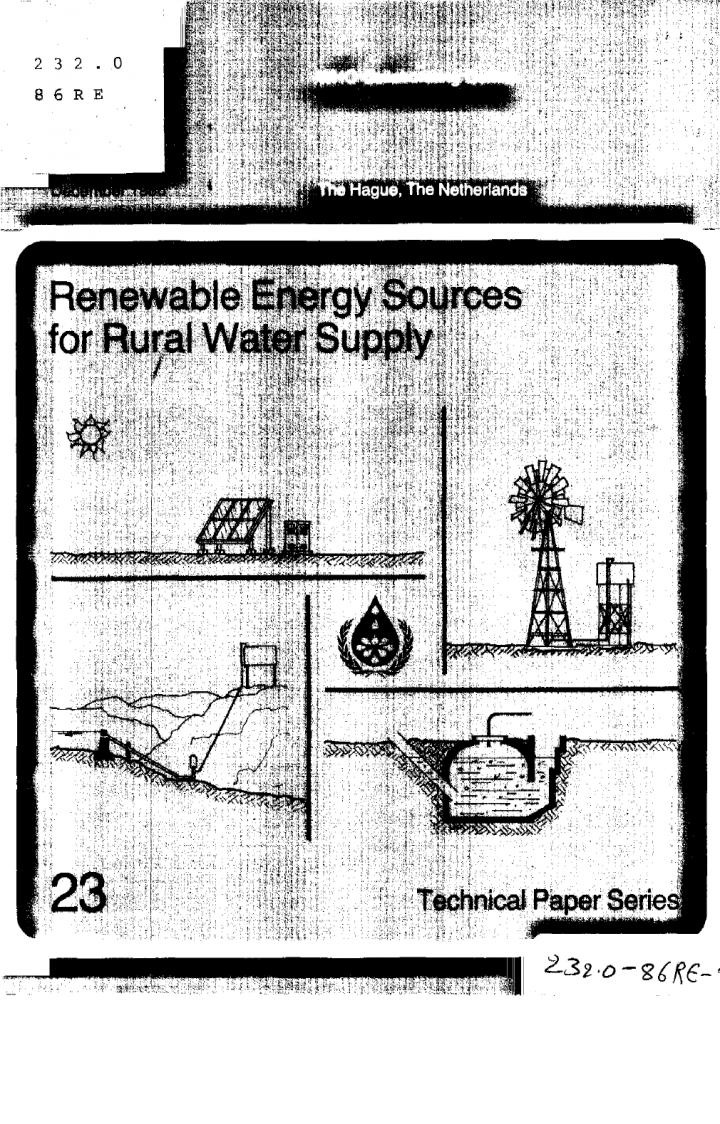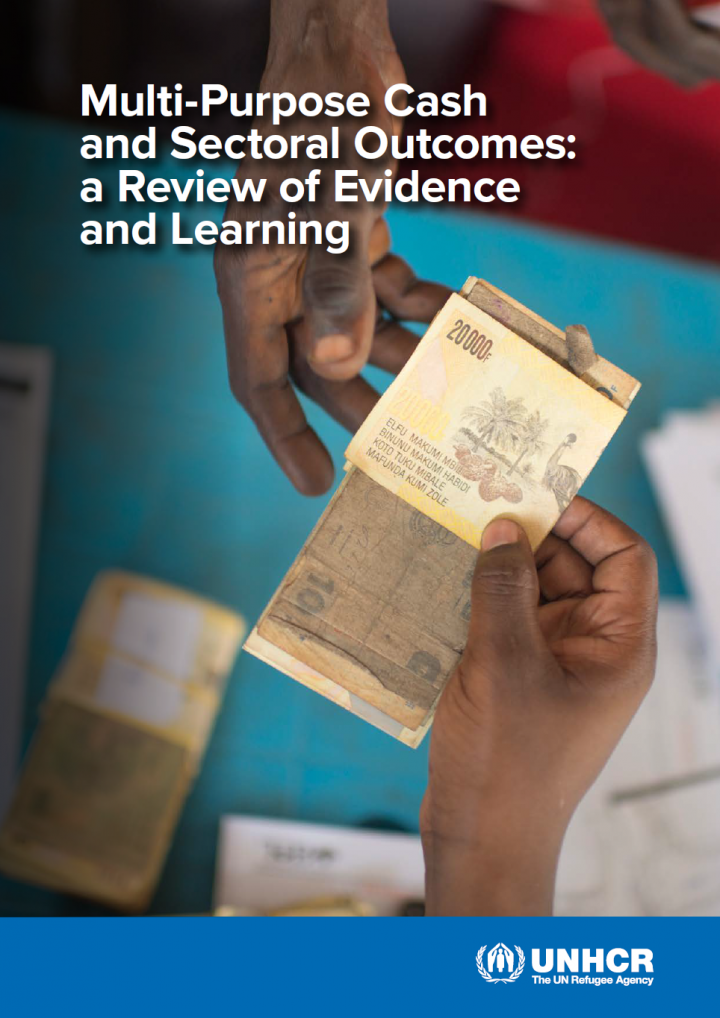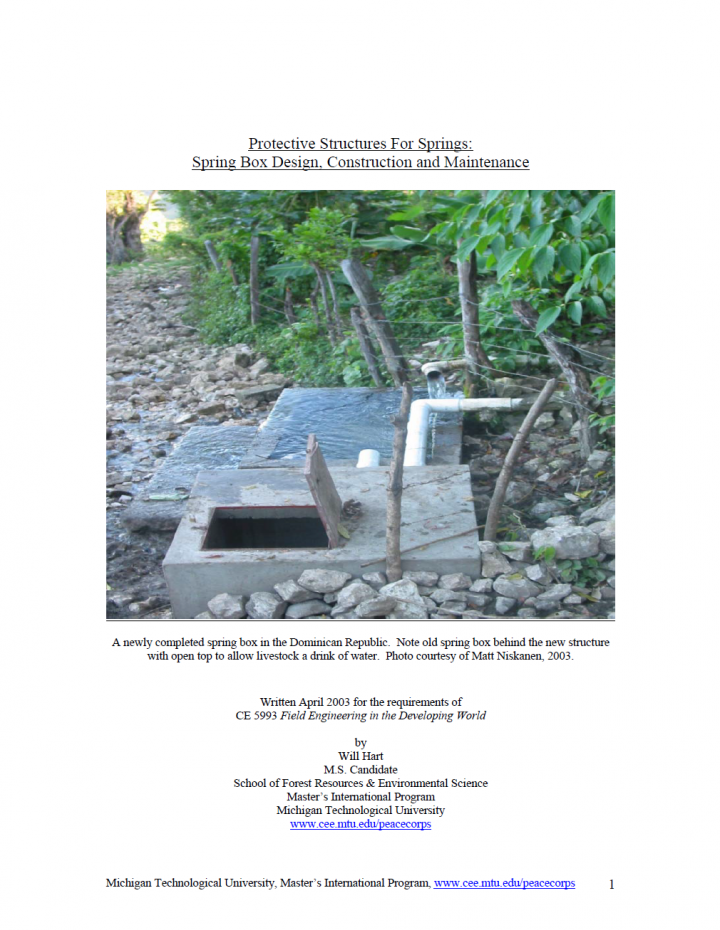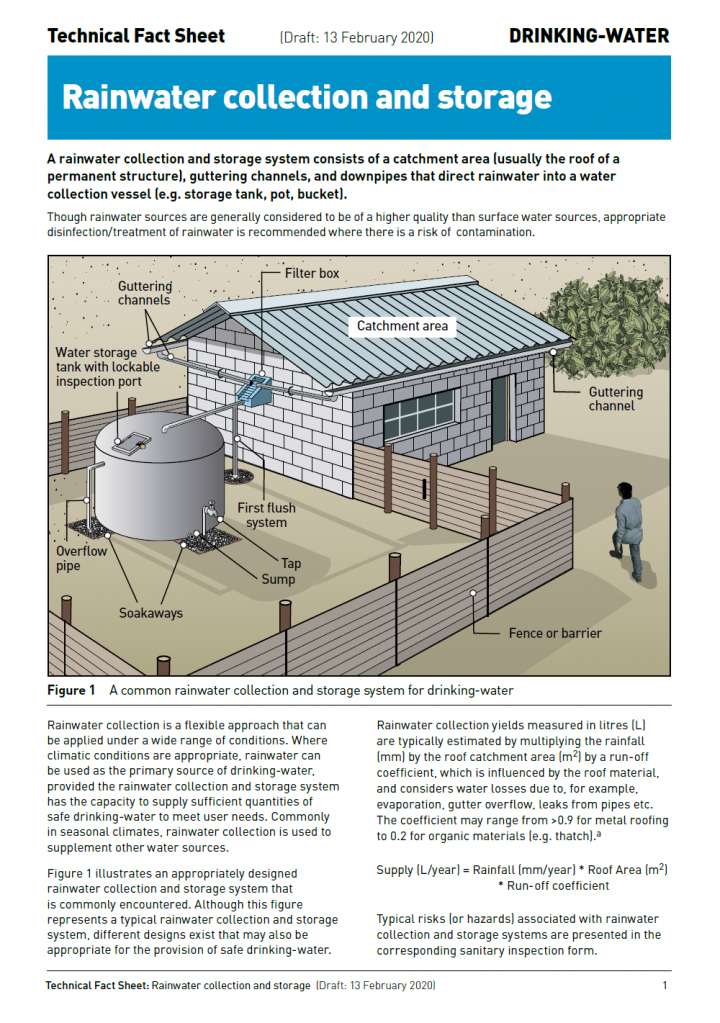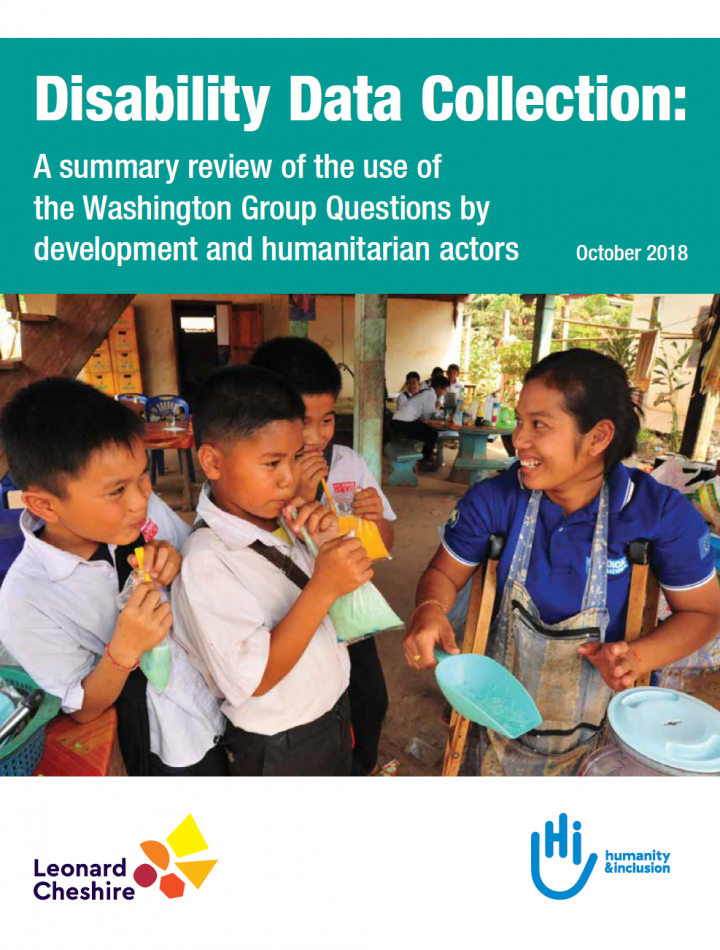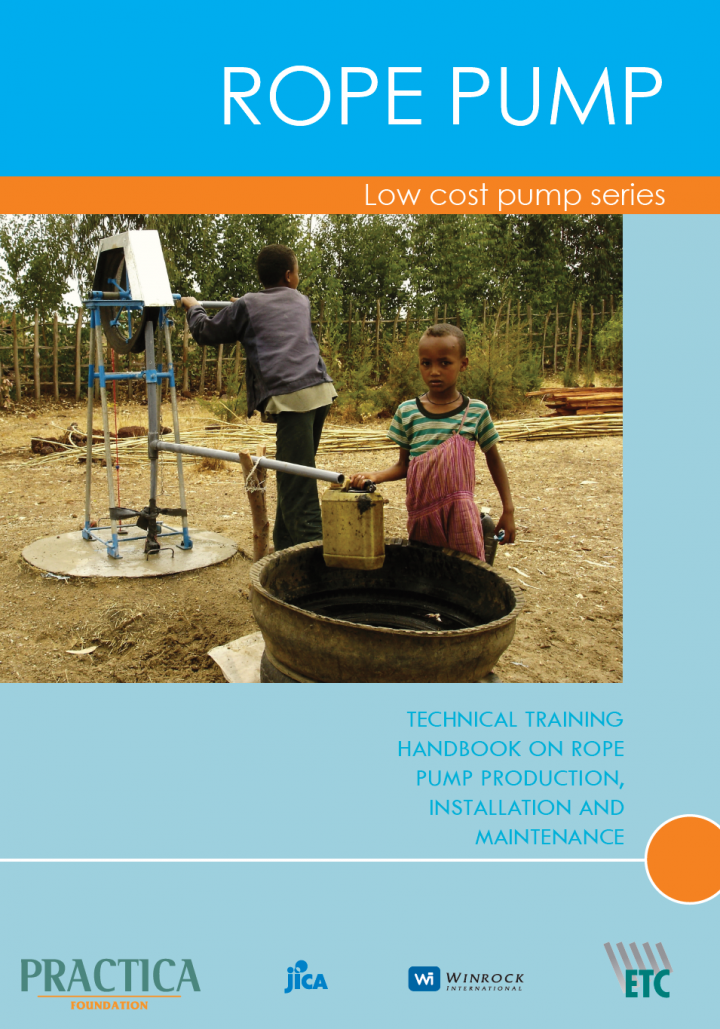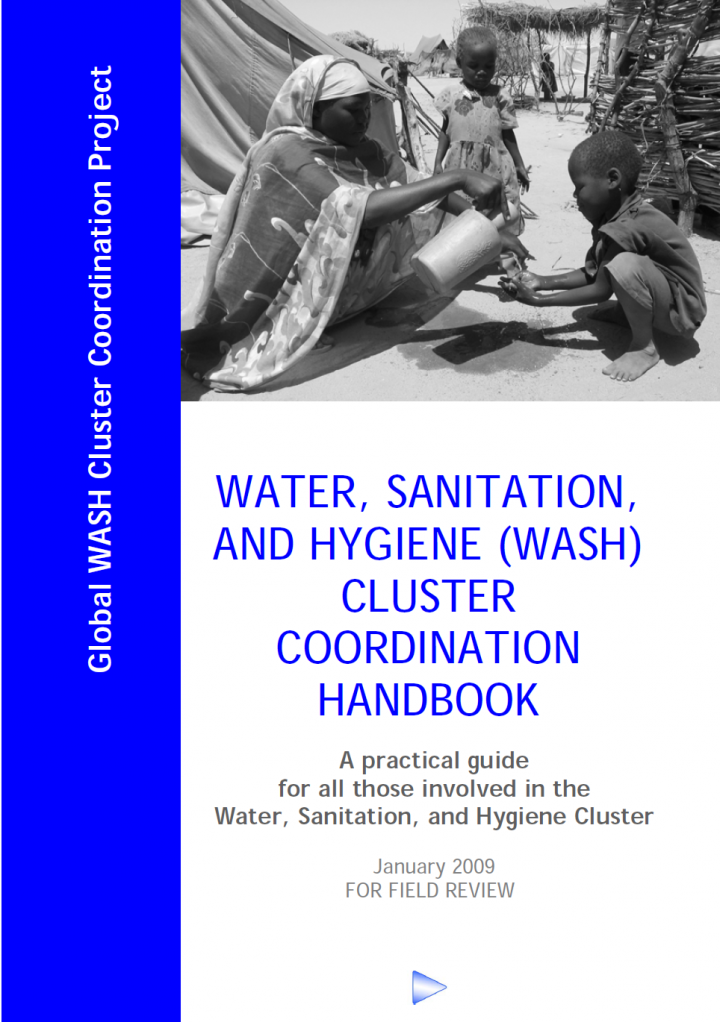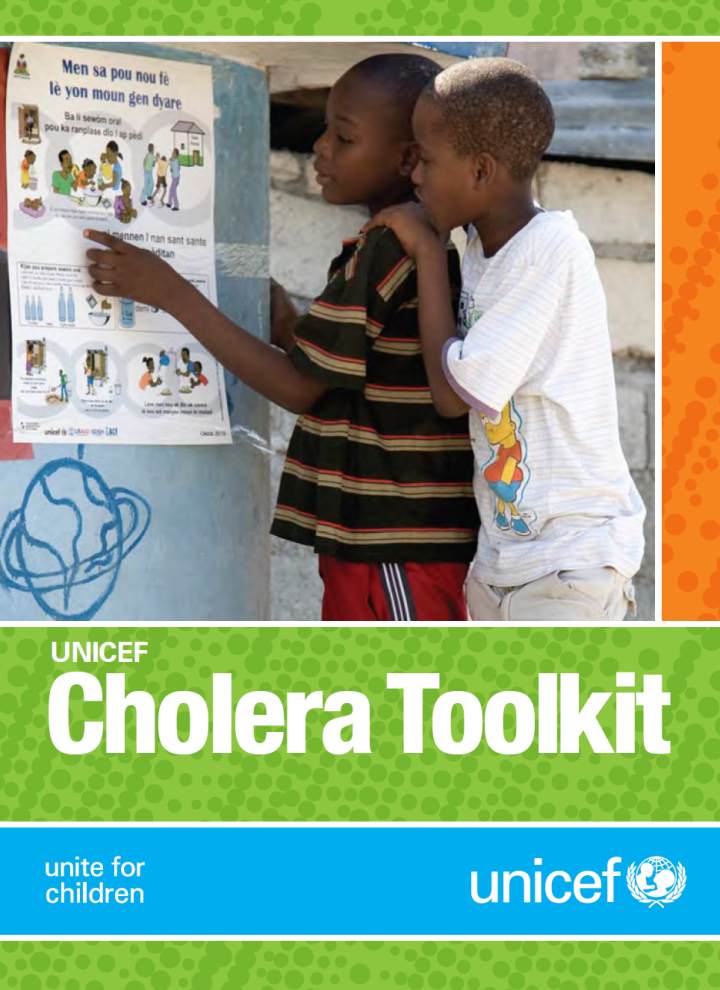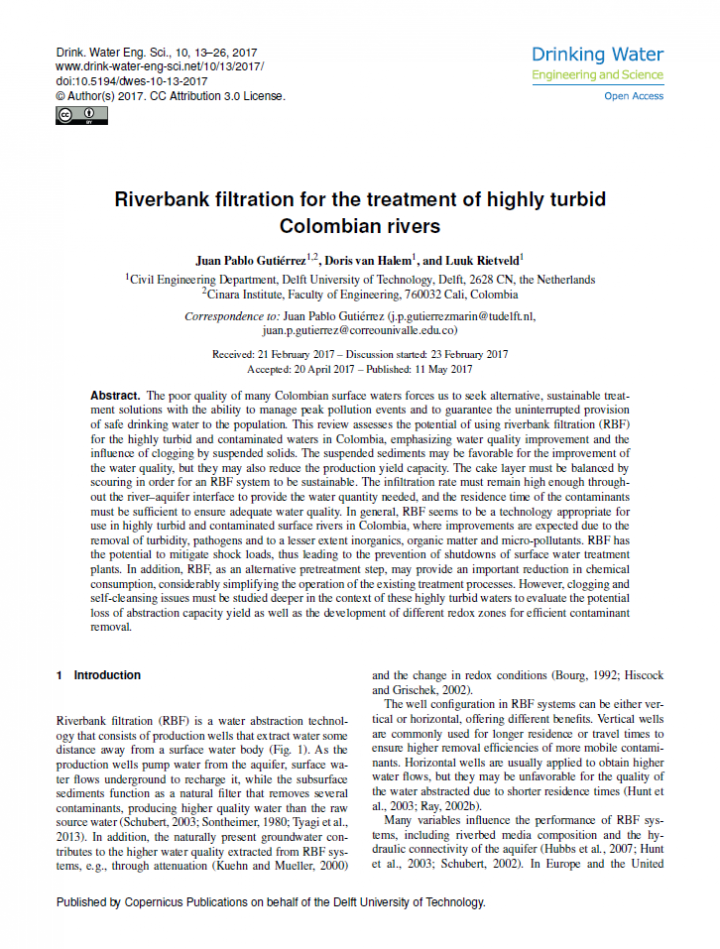IASC Needs Assessment Task Force, L3 Response, Wide Level 3 Emergency Response (2015) Multi-Sector Initial Rapid Assessment (Mira)
The Multi-Cluster/Sector Initial Rapid Assessment (MIRA) is a joint needs assessment tool that can be used in sudden onset emergencies, including IASC System-Wide Level 3 Emergency Responses (L3 Responses). The IASC Transformative Agenda recognized the critical role of needs assessment as a basis for overall and cluster strategy development; agreed that needs assessment should be well coordinated, rapid and repeated/reviewed as necessary to reflect the […]
Hutchings, M., Dev, A., Palaniappan, M., Srinivasan, V., Ramanathan, N., Taylor, J. (2012) mWASH: Mobile Phone Applications for Water, Sanitation, and Hygiene Sector
A large number of the billions of people who lack basic access to safe water and sanitation can count a mobile phone as one of their few possessions. Year after year, global and national institutions struggle to provide growing populations with basic water and sanitation needs, while mobile phones have become ubiquitous in the developing world. The spread of mobile phones has greatly reduced the […]
SuSanA Latinoamérica (2021) Webinar SuSanA Latinoamérica - El Valor del Agua (in Spanish)
El 22 de marzo es el Día Mundial del Agua cuyo lema este 2021 es: el Valor del Agua. Con motivo de este día, Naciones Unidas ha lanzado la campaña #Water2me para conocer el significado que tiene el agua para el planeta con el objetivo de encontrar las mejores soluciones que aseguren su conservación y protección. SuSanA Latinoamérica se une a esta iniciativa lanzando este […]
Sharma, K., Ramesh, B. K. (2021) SFD Lite Report - Srivilliputhur, India
Srivilliputhur is a town and promoted as a first-grade municipality in the year 1984 located in north of Rajapalayam in Virudhunagar district in the Indian state of Tamilnadu. As of 2011, the town had a population of 75,396. The town is known for its famous Lord Andal temple which is a 192 (58.5 m) feet long tower structured temple, lord said to be as vatapatsayee. Srivilliputhur […]
Kumar, N. (2020) SFD Lite Report - Sidhauli, India
Sidhauli is a town and a Nagar Panchayat in Sitapur District in the state of Uttar Pradesh. It is a crowded town situated near Lucknow. The Sidhauli city is divided into 14 wards. The Gomti River flows through the town. As per Census 2011, Sidhiauli has a population of 24,976 residing in 4,153 households. The population of the city, as per Swachh Survekshan (country wide annual […]
WHO (2003) Chlorine in Drinking-water
One of the primary goals of WHO and its member states is that “all people, whatever their stage of development and their social and economic conditions, have the right to have access to an adequate supply of safe drinking water.” A major WHO function to achieve such goals is the responsibility “to propose regulations, and to make recommendations with respect to international health matters ....” The first […]
WaterAid (2013) Gravity-fed schemes
A gravity-fed supply from a small upland river, stream or spring, impounded within a protected catchment, is an example of a sustainable water supply technology requiring no treatment. An additional benefit is that, using the force of gravity, water can be transported by pipework to tapstands placed near to homes, reducing the work involved in carrying water. The capital costs of gravity-fed schemes are, on average, […]
WateReuse Association (2011) Desalination Plant Intakes Impingement and Entrainment Impacts and Solutions
Seawater intakes are an integral part of every seawater desalination plant. The purpose of this white paper is to provide an overview of potential impingement and entrainment (I&E) impacts associated with the operation of open ocean intakes for seawater desalination plants and to discuss alternative solutions for efficient and cost effective I&E reduction. For information on alternative intakes for seawater desalination plants, refer to the […]
VSF-Belgium, TLDP-project (2006) SubSurface Dams manual: a simple, safe and affordable technology for pastoralists based on an experience of Vétérinaires Sans Frontières in Turkana District (Kenya)
Soil and water conservation is a high priority in the drier areas of subSaharan Africa. Storage of water from the rainy season to the dry season, or even from wet years to dry years is highly important. Groundwater dams, which store water under the ground, can store sufficient quantities of water for livestock and minor irrigation as well as for domestic use. If sited and […]
Velten, S. (2008) Adsorption capacity and biological activity of biological activated carbon filters in drinking water treatment
Granular activated carbon (GAC) filters have been used for decades to remove various kinds of organic micropollutants (MP), disinfectant by-products and taste and odor (T&O) compounds from water by adsorption. In recent years chemical oxidation by ozonation was implemented in many treatment plants before GAC filtration. During ozonation a substantial fraction of the natural organic matter (NOM) present in surface waters is oxidized to smaller […]
House, S. & Reed, R. (1997) Emergency Water Sources Guidelines for Selection and Treatment
These guidelines have been designed to help those involved in the assessment of emergency water sources to collect relevant information in a systematic way, to use this information to select a source or sources and to determine the appropriate level of treatment required to make the water suitable for drinking. The guidelines, however, are not limited to the selection and treatment of water sources. The information […]
fkes, E.H. & Visscher, J.T. (1986) Renewable Energy Sources for Rural Water Supply
The potential of using renewable energy sources (solar energy, wind energy, hydropower, biomass energy) to power water pumping systems for rural water supply is receiving increased attention. Assessment and selection of these energy sources and pumping systems require careful analysis of a wide range of factors. This book provides guidance and information to support the systematic consideration of renewable energy sources and devices for rural supply pumping. […]
Harvey, P. & Pavanello, S. (2018) Multi-Purpose Cash and Sectoral Outcomes: A Review of Evidence and Learning
exciting opportunity to redress a long-standing shortcoming of humanitarian response. There is a need to better understand and respond to crisis-affected people in a more holistic and coherent way, going beyond sectors to bring the emphasis back to how people live and perceive and prioritize their needs. Multi-purpose cash opens up possibilities for enhanced collaboration among technical sectors and between cash and sector experts. Sectoral […]
Hart, W. (2003) Protective Structures For Springs Spring Box Design, Construction and Maintenance
The main objective of spring development and protection is to provide improved water quantity and quality for human consumption. Before reaching the surface, spring water is generally considered high quality, depending on the composition of the surrounding soils and bedrock. However, groundwater can become contaminated as it exits the ground's surface. Contamination sources include livestock, wildlife, crop fields, forestry activities, septic systems and fuel tanks […]
WHO (2020) Sanitary Inspection Package
This sanitary inspection package for a rainwater collection and storage contains: 1. Sanitary inspection form Checklist of observational questions to support the identification of risk factors and prompt corrective action. 2. Technical fact sheet Basic technical information to support the completion of the sanitary inspection form. 3. Management advice sheet Operations and maintenance information to support the safe management of the drinking-water system, and troubleshoot basic issues.
Leonard Cheshire, Humanity & Inclusion (2018) Disability Data Collection A summary review of the use of the Washington Group Questions by development and humanitarian actors
The Washington Group Questions on Disability are rapidly emerging as the preferred data collection methodology by the global community for national data collection efforts on disability. However, more and more development and humanitarian actors are now using the methodology in their own data collection efforts. This is beyond the original purpose of the questions, which was to generate usable data for governments. Leonard Cheshire and […]
Nederstigt, J., Van der Wal, A. (2011) Rope Pump Technical Training Handbook on Rope Pump Production, Installation and Maintenance
Module 1 creates awareness on the technology and applicability of the rope pump as a family water pump and provides a road-map for implementation. It is meant for NGO’s, governments and implementing organisations considering the implementation of a rope pump production and installation project. Module 2 describes the installation and maintenance procedures of the rope pump. This module is a step-bystep explanation that makes use of […]
GWC (2009) WASH Cluster Coordination Handbook
The WASH Cluster Coordination Handbook aims to assist in achieving effective coordination among WASH Cluster actors and contribute to the overall Global WASH Cluster goal of improving the predictability, timeliness, and effectiveness of a comprehensive WASH response to humanitarian crises. Developed primarily to support the role of the WASH Cluster Coordinator (WCC), the content builds on information provided during the WASH Cluster Coordinator training. However, […]
UNICEF (2013) Cholera Toolkit
Cholera is on the rise with an estimated 1.4 billion people at risk in endemic countries and an estimated 3 million to 5 million cases and 100,000-120,000 deaths per year worldwide. In many endemic countries, children under 5 account for more than half of the global incidence and deaths. Cholera has remained endemic in some Asian countries for centuries, has become endemic in an increasing […]
Gutiérrez J.P., van Halem, D. & Rietveld, L. (2017) Riverbank Filtration for the Treatment of Highly Turbid Colombian Rivers
The poor quality of many Colombian surface waters forces us to seek alternative, sustainable treatment solutions with the ability to manage peak pollution events and to guarantee the uninterrupted provision of safe drinking water to the population. This review assesses the potential of using riverbank filtration (RBF) for the highly turbid and contaminated waters in Colombia, emphasizing water quality improvement and the influence of clogging […]
